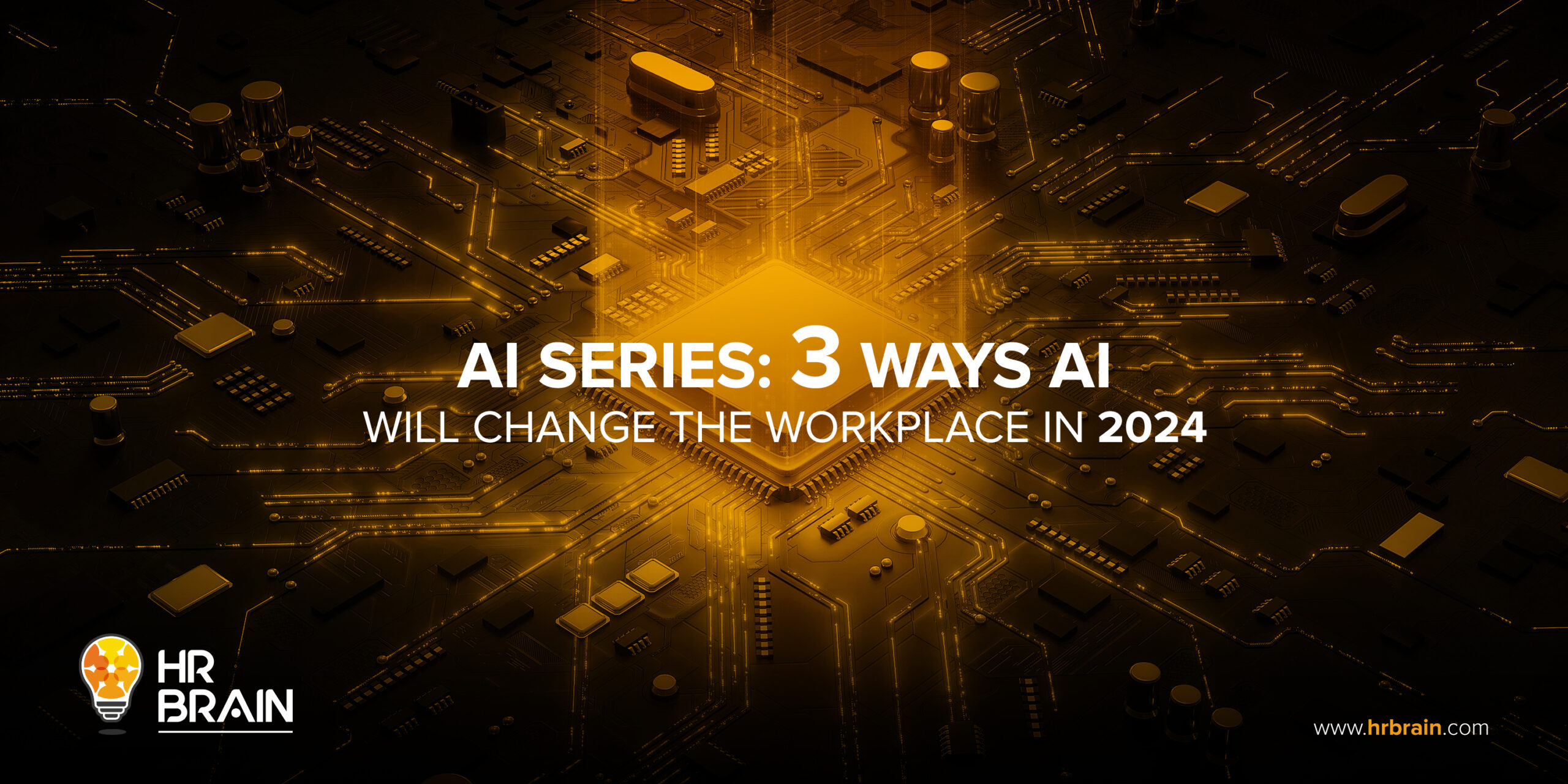3 Ways AI Will Change the Workplace in 2024:
The integration of AI into the workplace, has brought about a revolutionary transformation in various aspects of business operations and employee engagement. Moving forward, AI is expected to continue its upward trajectory in popularity and capabilities.
While these advancements offer immense potential, we should acknowledge and address the inherent limitations of AI that could delay progress in the workplace. These limitations include such as algorithmic bias, the absence of emotional intelligence, challenges in fostering creativity, and the associated costs of implementation.
Organizations need to understand these constraints to fully leverage the capabilities of AI. Additionally, the emergence of generative AI, a new breed of evolving AI, is anticipated to bring about significant disruptions across industries and further reshape the way organizations operate. Here are some ways:
- Employee Support and Engagement:
Integrating AI into workflow structures has significantly improved employee support and engagement. By analyzing email conversations and biometric data, AI enables employers to gain a better understanding of employee satisfaction levels, leading to enhanced employee experiences and healthier company cultures.
AI-powered systems provide managers with insights into employee burnout by analyzing sentiment and activity, surpassing traditional tools like surveys. For example, AI can rate the sentiment of conversations in Microsoft Teams and Outlook, providing a comprehensive understanding of employees’ sentiments about the workplace. Predictive analysis tools recommend personalized learning courses and allow for the implementation of improvement action plans without waiting for review meetings.
In the future, AI will optimize workplace-specific algorithms, incorporating nudging notifications to identify project misalignments and tasks requiring immediate attention. This proactive approach and the use of AI-based self-assessment tools and personalized recommendations empower employees to take ownership of their workplace performance, work-life balance, and overall well-being.
- Productivity and Decision-Making:
AI has empowered organizations to make more informed decisions by providing advanced insights through AI algorithms. Task automation continues to streamline repetitive tasks, freeing up employees’ time for strategic and creative work. For example, customer support teams can now focus on providing personalized assistance and resolving complex issues instead of spending time manually entering customer data.
AI-powered chatbots and virtual assistants have proven successful in improving the employee experience and will continue to excel in offering sophisticated capabilities in answering complex queries, understanding emotions, and delivering personalized responses. Trust in AI’s decision-making capabilities will likely lead to increased adoption in cybersecurity, with AI playing a vital role in identifying and mitigating potential threats to protect company data.
- Ethical and Regulatory Considerations:
As AI adoption continues to grow, organizations will prioritize ethical AI development and usage. There will be an increased focus on AI governance, data privacy, fairness, and transparency to address potential biases and risks associated with AI. Striking the right balance between innovation and responsibility is crucial for harnessing the full potential of generative AI for the benefit of workers and employers.
Employee support and engagement, productivity and decision-making, and ethical and regulatory considerations will shape workplace advancements in 2024 and beyond. As AI evolves, businesses will leverage its diverse capabilities to gain a competitive edge, foster an engaging and inclusive work environment, and achieve company growth.
In conclusion
AI has revolutionized various aspects of the workplace, including employee support and engagement, productivity and decision-making, and ethical considerations. Organizations can leverage AI to gain a competitive edge, foster an engaging work environment, and achieve growth. However, organizations must also recognize the limitations and challenges associated with AI, such as bias and the absence of emotional intelligence, in order to ensure responsible and effective implementation.
The emergence of generative AI presents exciting opportunities for further advancements and disruptions in various industries. By embracing AI’s potential while remaining mindful of its limitations, organizations can navigate the evolving landscape and unlock the full benefits of AI in the workplace.







